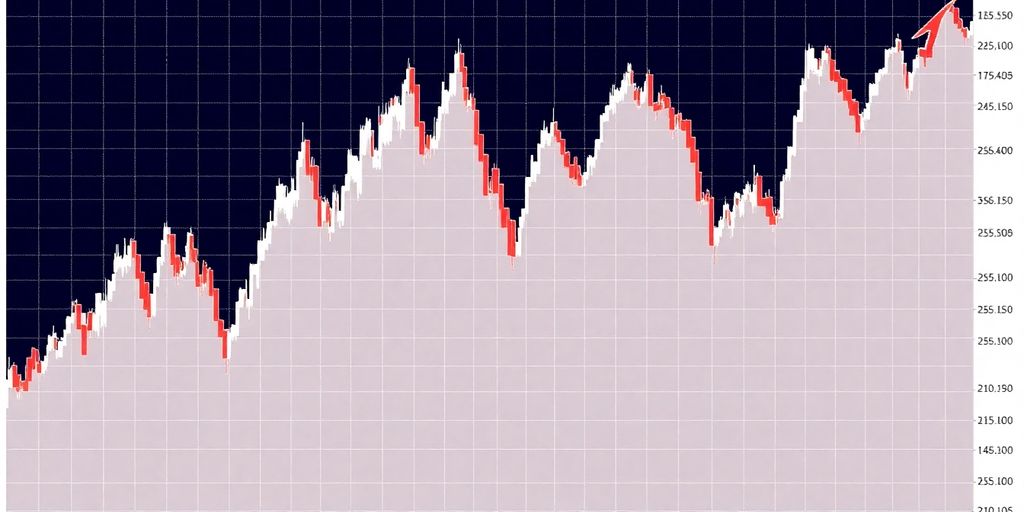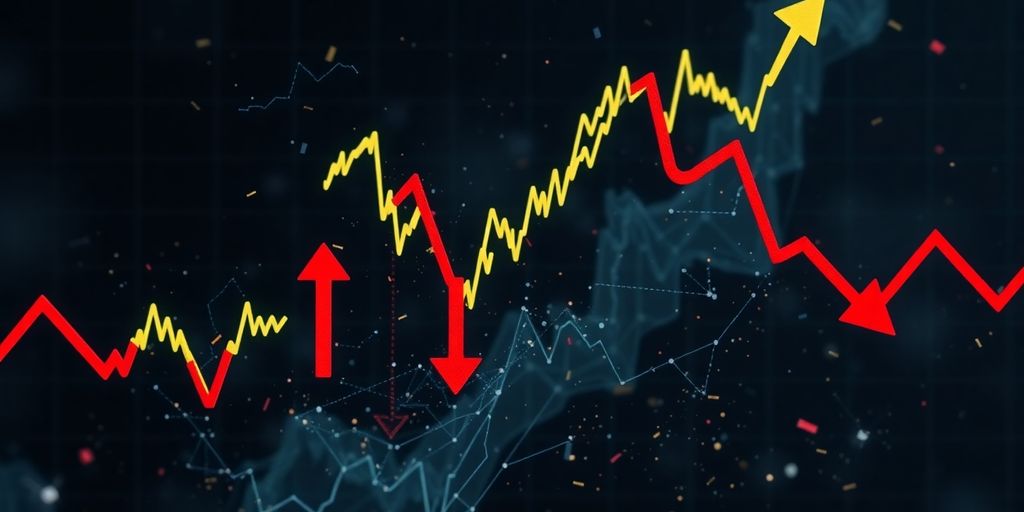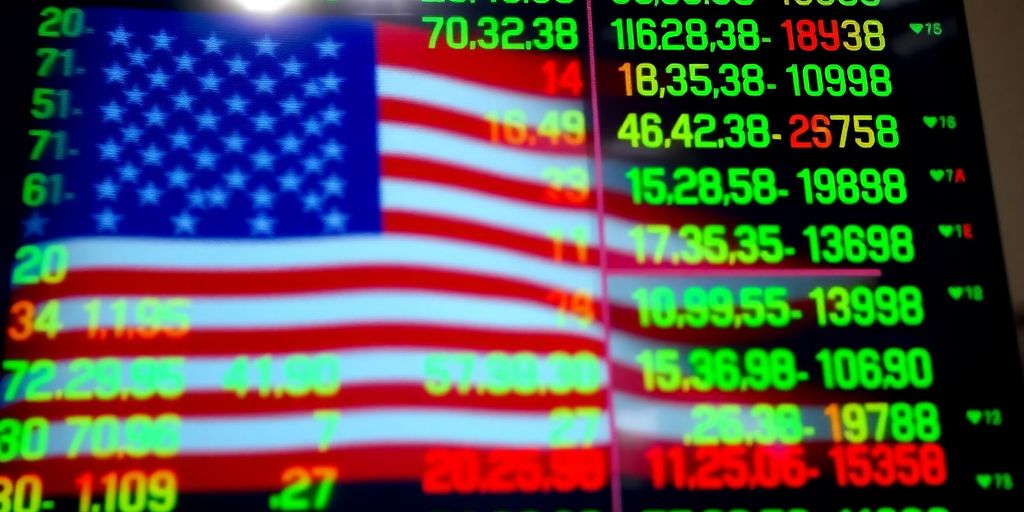Market Volatility Fueled by Economic Fears and Tariff Uncertainty
U.S. stocks experienced a notable decline as investors grappled with escalating economic anxieties and persistent uncertainty surrounding international trade policies, particularly tariffs. This confluence of factors created a volatile trading environment, leading to significant market swings and a cautious outlook among investors.
Key Takeaways
- Tariff Escalation: The ongoing trade disputes, particularly between the U.S. and China, have led to retaliatory tariffs, increasing costs for businesses and consumers and contributing to inflation fears.
- Economic Slowdown Concerns: Growing worries about a potential economic slowdown, exacerbated by trade tensions and geopolitical events, are weighing on market sentiment.
- Investor Caution: Despite some market rallies, underlying uncertainty is prompting investors to be wary, with deviations from macroeconomic fundamentals suggesting potential for future corrections.
- Inflationary Pressures: Tariffs are expected to add to U.S. inflation, with potential for further increases if trade disputes intensify or oil prices spike.
- Fed's Role: Federal Reserve comments aimed at reassuring markets about financial stability have provided some temporary relief, but the broader economic outlook remains a key concern.
Tariff Impact on Inflation and Growth
The imposition and potential escalation of tariffs are directly impacting inflation. Analysts estimate that existing tariffs could add a significant percentage to U.S. inflation over the next year. Should tariffs revert to higher levels, this inflationary pressure could intensify further. Beyond tariffs, geopolitical events, such as conflicts in the Middle East, also pose a risk to oil prices, which could further fuel inflation and economic instability.
Market Reaction and Investor Sentiment
U.S. equity markets have shown resilience, with some rallies occurring despite underlying economic concerns. However, this performance has, at times, deviated significantly from macroeconomic fundamentals. Historical data suggests that such deviations can precede market pullbacks. Investors are navigating a complex landscape, with volatility becoming a dominant theme as they seek clarity on trade policies and the broader economic trajectory.
Earnings Season and Economic Data
The start of the first-quarter earnings season provided mixed signals. While some major banks reported better-than-expected profits, warnings about potential economic slowdowns due to trade disputes tempered enthusiasm. Economic data has also presented a complex picture, with some indicators suggesting cooling inflation while others point to weakening consumer sentiment and increased inflation expectations. This mixed data further contributes to market uncertainty.
Sources




































































































